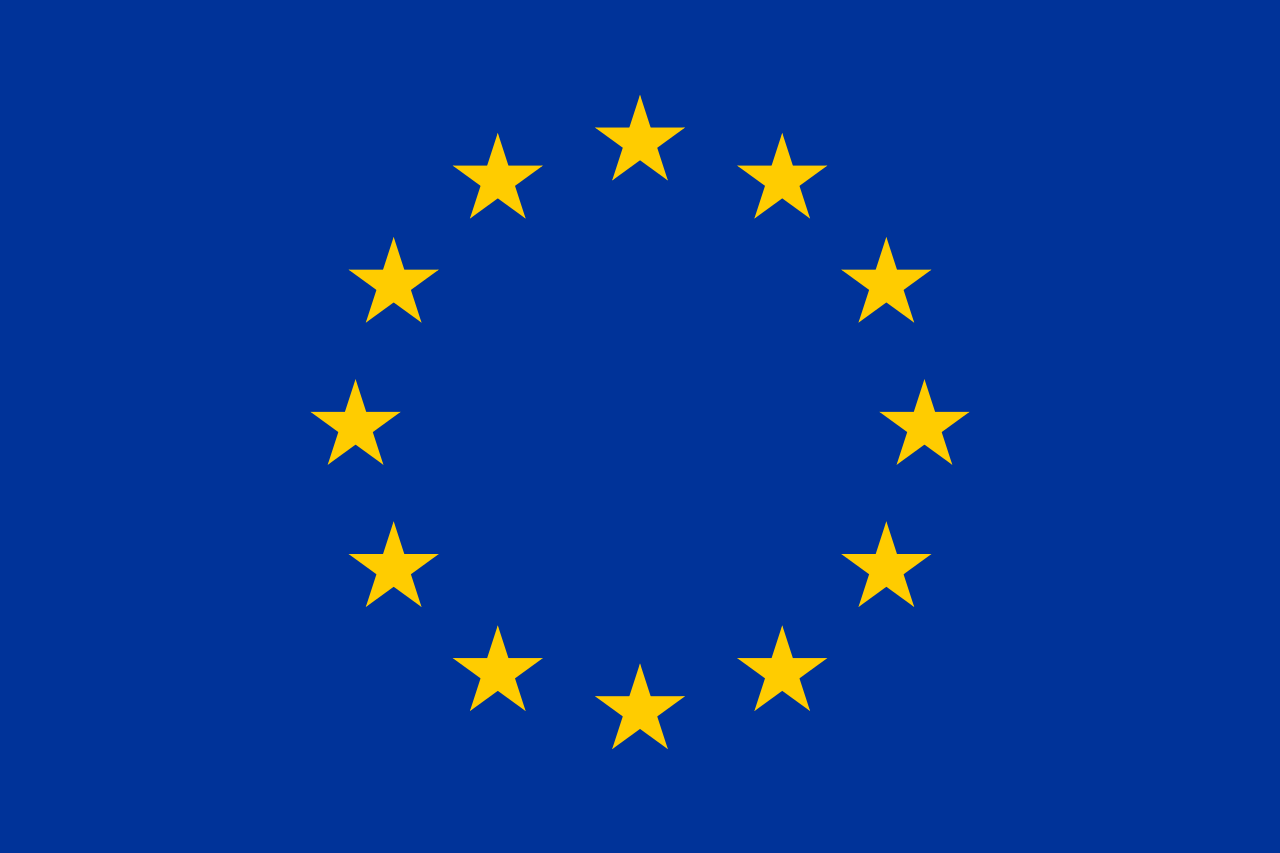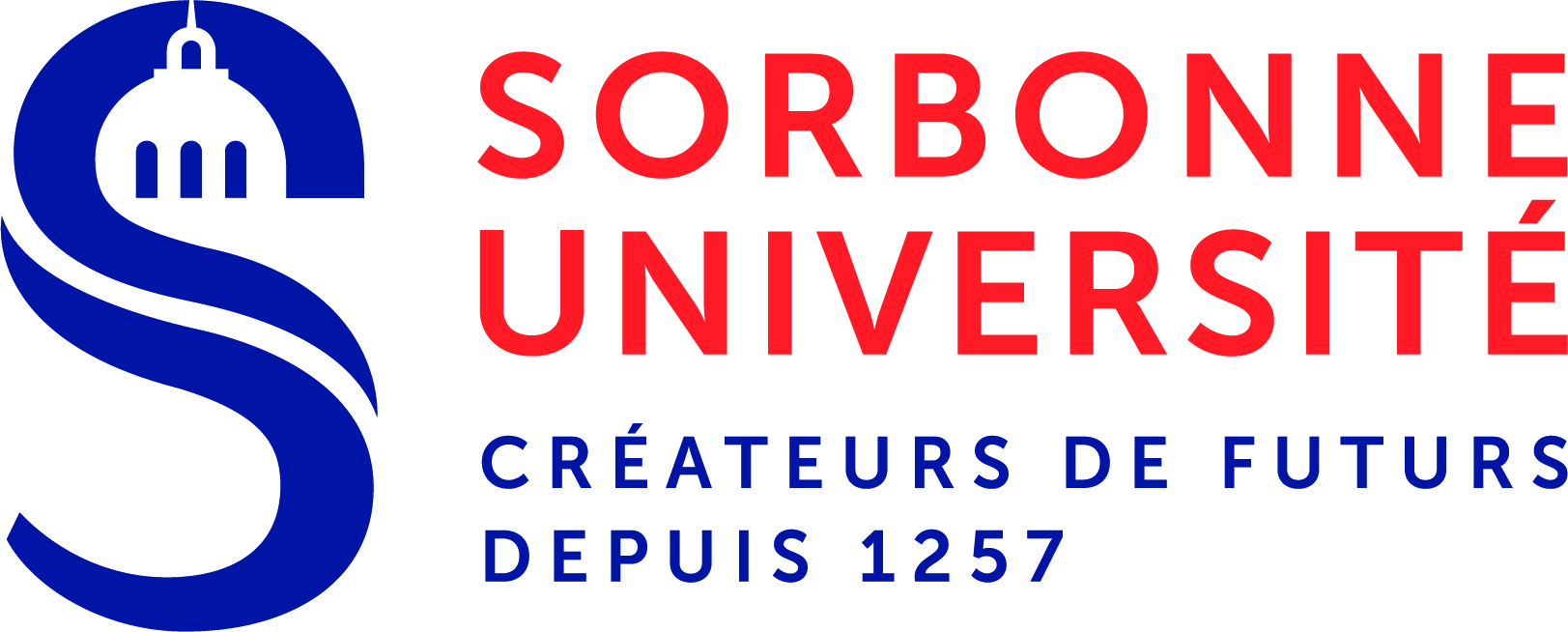| Title | Shotgun proteomics reveals temperature-dependent regulation of major nutrient metabolism in coastal Synechococcus sp. WH5701 |
| Publication Type | Journal Article |
| Year of Publication | 2023 |
| Authors | Dedman CJ, Barton S, Fournier M, Rickaby REM |
| Journal | Algal Research |
| Pagination | 103279 |
| Date Published | oct |
| ISSN | 2211-9264 |
| Keywords | climate change, Ocean warming, phytoplankton, Proteomics: Marine biogeochemistry, rcc1084 |
| Abstract | Marine cyanobacteria are major contributors to the oceanic carbon sink and are predicted to increase in numbers in the future warmed ocean. As a result, the influence of marine cyanobacteria on marine biogeochemical cycling will likely be enhanced. Associated with elevations in temperature the ocean will undergo increased stratification, reducing supply of essential nutrients to upper phototrophic layers. It is therefore critical that we resolve the manners by which cyanobacteria respond to variations in temperature, and consequences for major nutrient metabolism which may ultimately direct global biogeochemistry and trophic transfer. In this study we use the coastal Synechococcus sp. WH5701 to examine proteomic alterations in major nutrient (C, N and P) metabolic pathways following exposure to varying temperature. In response to temperature treatments, Synechococcus displayed higher rates of growth and photosynthetic efficiency when temperatures were raised from 17 °C to 23 °C and 28 °C, associated with a significant \textasciitilde30–40 % alteration in the cellular proteome. As temperatures increased, proteomic investment towards photosynthetic machinery appeared up-regulated, whilst abundance of RuBisCO was reduced, associated with an apparent alteration in CCM composition and carbon metabolism. N demand appeared to increase in-line with temperature, associated with alterations in the GS-GOGAT pathway, likely due to increased demand for and efficiency of protein synthesis. In contrast, P demand at the highest temperature appeared reduced as investment in the ribosome declines due to improved translation efficiency, whilst luxury P-storage appeared a feature of growth at low temperature. It appears likely that as seawater temperatures rise under ocean warming, the biochemical composition of cyanobacteria will be altered, increasing cellular C- and N- to P ratios, ultimately impacting upon their contribution to oceanic biogeochemical cycling. |
| URL | https://www.sciencedirect.com/science/article/pii/S2211926423003120 |
| DOI | 10.1016/j.algal.2023.103279 |






